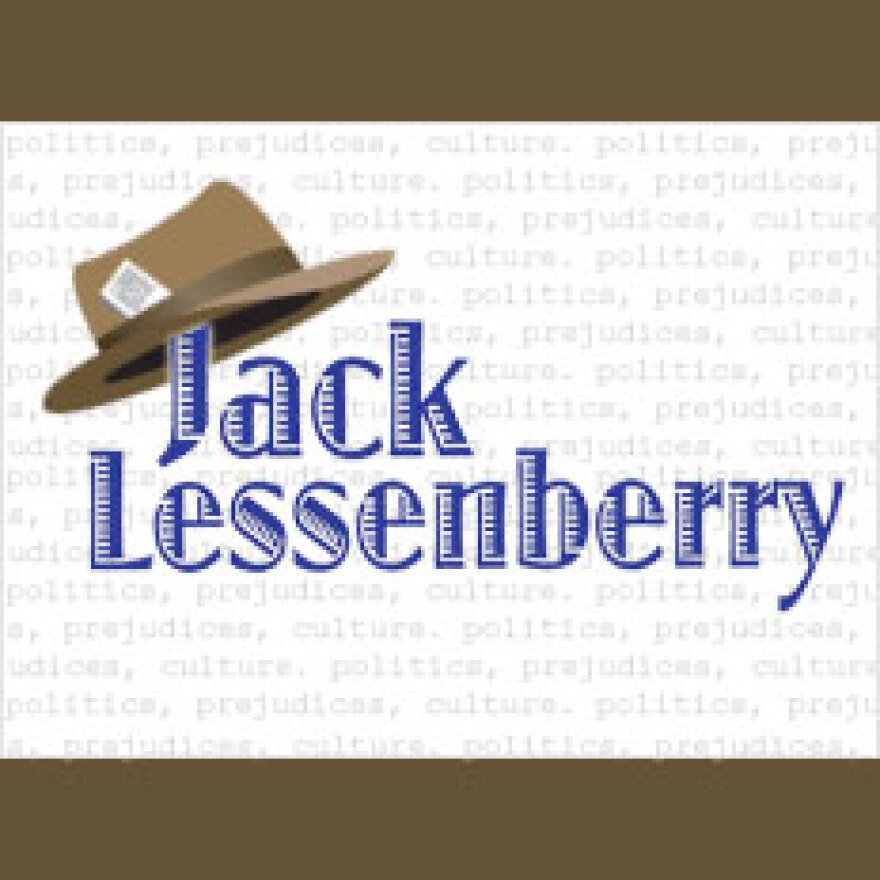Last weekend I went to a dinner party on Mackinac Island at the home of a longtime state office holder, who is a Democrat. Nearly all guests were dyed-in-the-wool Democrats, and they began discussing next year’s race for governor.
They agreed that Governor Rick Snyder, whose policies they all loathed, was almost certain to be defeated next year.
I didn’t say anything, till someone asked. “The election is a long way away” I said, “but if I had to bet, I would say there is a seventy percent chance Snyder will be reelected.”
Well, it suddenly felt like I had whipped out a skunk and set him down at the table. What was I saying? someone asked. Didn’t I know how strongly the unions hated Snyder because of right-to-work? Didn’t I realize the resentment that people felt because he is now taxing their pensions? What about Detroit?
Well, yes, I know all those things. I also know the governor is now running behind his likely Democratic opponent, Mark Schauer, in some polls – even though most have no idea who Schauer is.
However, I also know that John Engler was intensely unpopular after his first year in office. A year before the election, Democrats were so sure he was a goner that several heavyweights got into a major primary battle for their nomination.
The winner was a popular congressman from Kalamazoo. But when the votes were counted, Engler had more than sixty percent. Being an incumbent is a tremendous advantage. Ever since Michigan went to a four-year term back in the sixties, no sitting governor has ever been denied a second term.
That doesn’t mean it won’t happen. But the odds are against it, and the moral of the story is this: We need to try and see beyond our own prejudices.
We all should spend time with people who do NOT think just like us. The weekend after the two thousand and four election, I went to a party full of bewildered liberals.
“I don’t know a single person who voted for George W. Bush. How could he have been reelected?” one said. The answer was because there are a lot of people he hadn’t bothered to get to know.
Liberals are not the only ones capable of self-delusion. On Election Day last year, I was on a radio show with a conservative who predicted we wouldn’t know the outcome for days.
I knew better. Obama was at home playing basketball; Romney was frantically rushing around the country. All day long I got e-mails from conservatives who told me that very soon I would see that Americans were poised to overwhelmingly reject the hated Obama.
At four the next morning, one of them told me that the election had been hijacked by Communist Muslims.
What worries me most is this: I fear we are politically becoming two Americas who don’t talk to each other, in everyday life or in Congress. They used to tell the story about a freshman congressman who called the other party “the enemy.”
No, he was admonished by a party elder.
“They are not the enemy; they are the opposition.” I’m not sure anyone would tell him that today.
But I am sure someone should.
Jack Lessenberry is Michigan Radio's political analyst. Views expressed in the essays by Jack Lessenberry are his own and do not necessarily reflect those of Michigan Radio, its management, or the station licensee, the University of Michigan.



